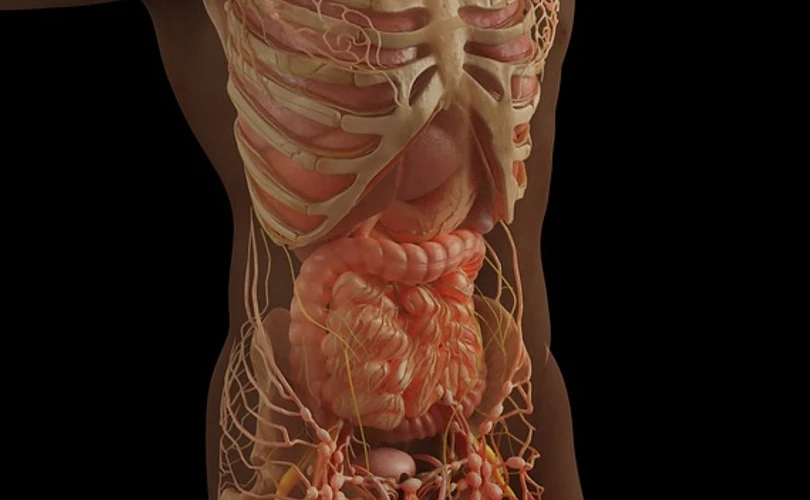Functional dyspepsia (FD), or non-ulcer dyspepsia, is a long-term gut disorder that causes pain or discomfort in the upper abdomen, even with no structural or biochemical problems. This illness is widespread; up to 25% of people worldwide have it.
Functional dyspepsia, which is another name for non-ulcer dyspepsia, is a long-term stomach problem that millions of people around the world have. At least three months of upper abdominal pain or soreness without anatomical or biochemical issues makes it a diagnosis.
Non-Ulcer
Many things, including changes in gut motility, greater sensitivity to gastric distension, and psychological factors like worry and anxiety, may combine in a complicated way to cause non-ulcer dyspepsia.
Nonulcer dyspepsia can cause different symptoms in different people. Some symptoms are feeling full or bloated after eating, sick, coughing, and heartburn. People with these signs may find them very upsetting, which can lower their quality of life.
It is possible to have non-ulcer dyspepsia after clearing out other stomach problems like ulcers, gastritis, and gastric reflux disease. Managing symptoms is the goal of treatment for non-ulcer dyspepsia, which can include changing your food, lowering your stress, and exercising. Doctors may also recommend medicines like proton pump inhibitors, H2 blockers, and prokinetics for better symptoms.
Remember that non-ulcer dyspepsia is a long-term illness; you can control your symptoms, but they might not go away completely. These people must work closely with their doctors to make a treatment plan that fits their needs and goals.
Causes
We do not know what causes FD exactly, but we think it is a mix of things, such as:
Stomach movement that is not working right
Visceral hypersensitivity means the body is more sensitive to pain in the belly.
Infection with Helicobacter pylori (a type of bacteria that can lead to stomach sores)
Things that happen in the mind, like stress and worry
These are the most frequent signs of functional dyspepsia:
Pain or burning in the upper abdomen
Having gas
Early fullness means you feel full after eating a small amount of food.
Postprandial fullness implies that you feel full after eating.
Feeling sick
Some other signs could be:
Belching and indigestion
Stomach pain
Not wanting to eat
Being sick
The signs of functional dyspepsia can differ for each person and change over time. Some people may only have slight symptoms, while others may have severe symptoms that make it hard for them to go about their daily lives. If you have functional dyspepsia or any of its signs, you should see a doctor to rule out other health problems. Some treatments can help handle the symptoms of functional dyspepsia, but there is no fix for it.
To help you deal with the effects of functional dyspepsia, here are some tips:
Throughout the day, eat small meals often.
Stay away from foods and drinks that make your conditions worse.
Deal with stress.
Do some movement every day.
Sleep enough.
Medications
If these changes to your lifestyle do not help control your symptoms, your doctor may give you medicine. If you have functional dyspepsia, you may take the following medications:
Acid-blocking drugs
PPIs, or proton pump inhibitors,
Blockers of H2-receptors
Drugs for depression
How prokinetics works
Tell your doctor anything you want to know or are worried about regarding functional dyspepsia.

Dominic E. is a passionate filmmaker navigating the exciting intersection of art and science. By day, he delves into the complexities of the human body as a full-time medical writer, meticulously translating intricate medical concepts into accessible and engaging narratives. By night, he explores the boundless realm of cinematic storytelling, crafting narratives that evoke emotion and challenge perspectives.
Film Student and Full-time Medical Writer for ContentVendor.com




